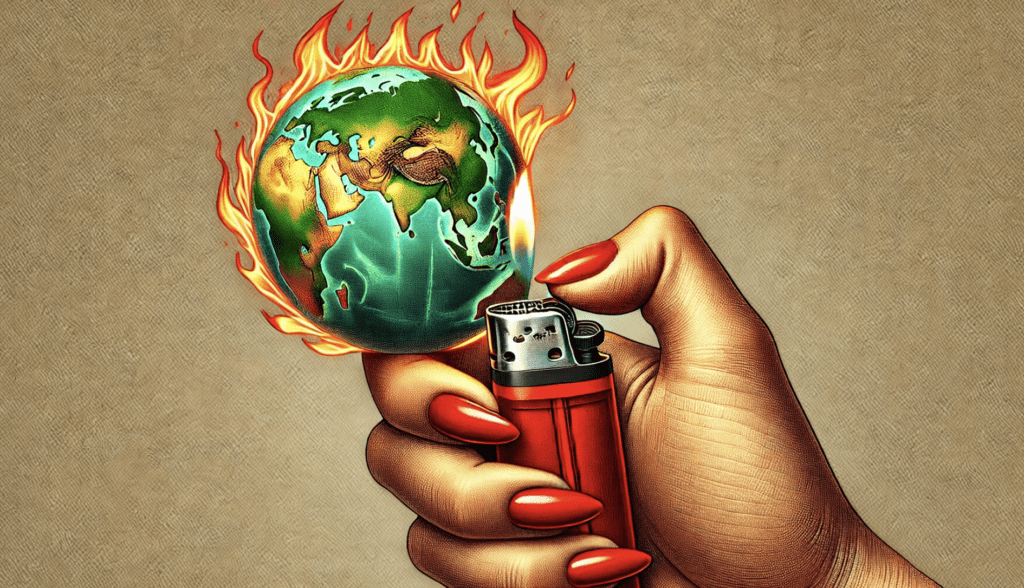The effects of climate change are much more severe than we previously thought
This year’s summer and autumn broke heat records one after the other, and we all feel their harmful effects on our own skin. While in Hungary the drought has resulted in poor crop averages in many areas without irrigation, problems are caused by rains in the Sahara, which also cause damage there in an unusual way.

Mitigation of climate change can reduce not only economic, but also physical risks. Tipping points, i.e. changes in climate systems after which there is no way back, are getting closer. As global average temperatures rise, extreme weather events will increase and cause serious economic losses. According to current forecasts, if we do nothing, by 2100 the world’s temperature could rise by up to 3.5 degrees Celsius compared to the pre-industrial level, which could result in drastic economic damage – we learn from the analysis published at the G7, which Dóra Fazekas The managing director of the Budapest office of Cambridge Econometrics, Márton Simó, an analyst at Cambridge Econometrics, writes.
Analyzes show that the increase in temperature causes damages in a non-linear way: the higher the temperature, the greater the economic losses we face. Some countries, such as Brazil, India, and Saudi Arabia, may experience significant GDP declines, while others, such as Canada and Russia, may even enjoy short-term economic benefits. However, limiting warming to 1.5 degrees Celsius could significantly reduce these damages.
The analyzes make it clear: the sooner we act, the cheaper it will be to mitigate climate change. Inaction is the most expensive solution. Emissions reduction and adaptation can work together to create a more sustainable future.
Related news
At the forefront of the domestic food industry for more than half a century
The future of the food industry is shaped by young…
Read more >GKI analysis: Why do Hungarian households live more poorly than anyone else in the EU?
Imagine that the residents of every EU country shop in…
Read more >K&H Analyst Commentary: The forint is on the rise
The forint, the Polish zloty and the Czech koruna are…
Read more >Related news
Corporate leaders’ commitment to sustainability at record level
According to the latest data from the K&H Sustainability Index,…
Read more >FAO food price index rose slightly in June due to higher prices of meat, dairy products and vegetable oils
The Food and Agriculture Organization of the United Nations (FAO)…
Read more >What can cause the price of a wine to increase tenfold?
There are fewer of them worldwide than the number of…
Read more >






